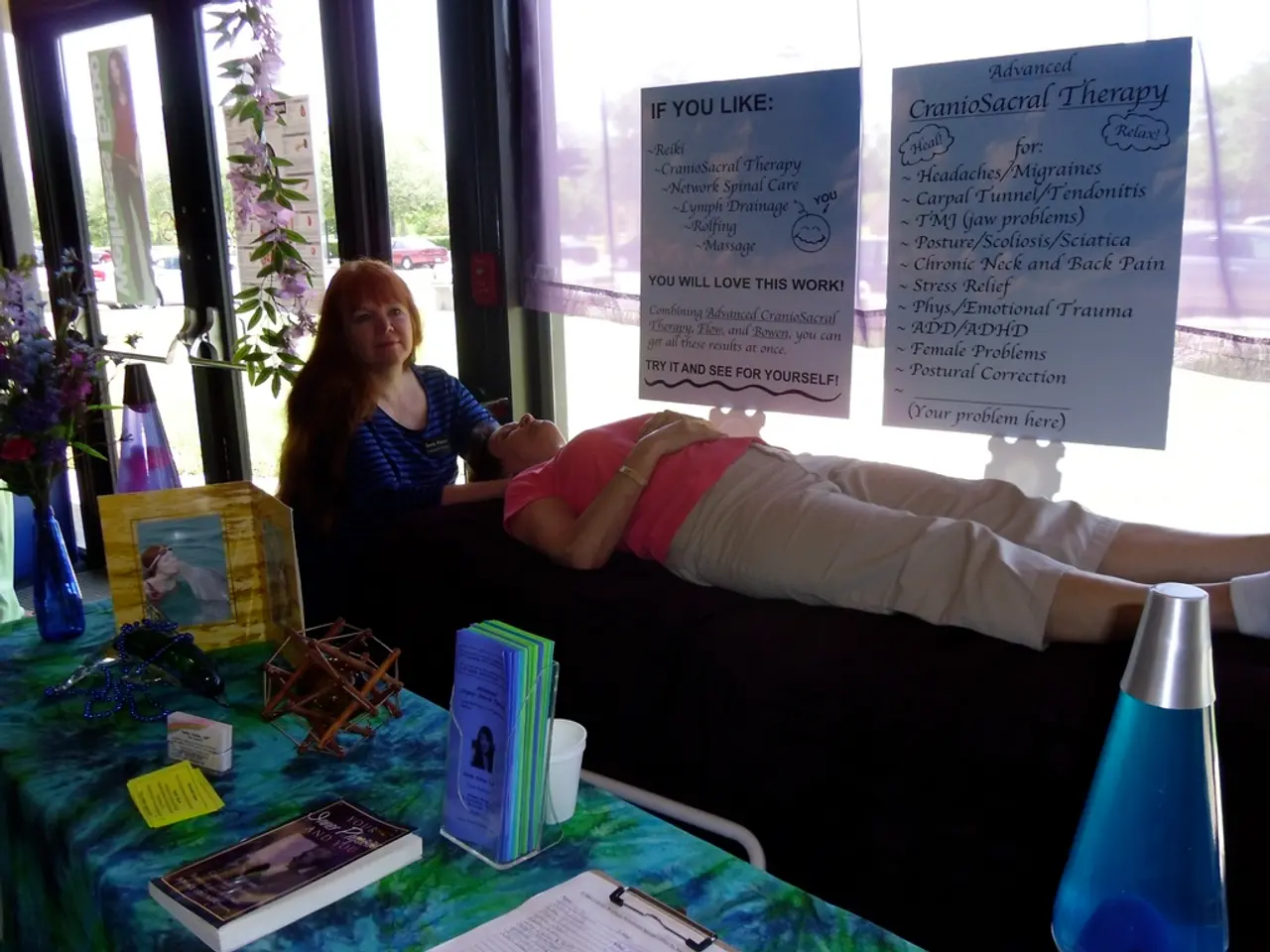HIV and Back Pain: Reasons, Remedies, and Further Insights
Living with HIV can come with its own set of challenges, and one of the most common issues is back pain. This article explores various methods for managing HIV-related back pain, causes, and treatments.
Causes of HIV-Related Back Pain
HIV-related back pain can stem from a variety of sources. Common causes include opportunistic infections like Pott's disease (tuberculous spondylitis), which affects the spine, and musculoskeletal pain related to immune system involvement or medication side effects. Pott's disease, particularly notable in people with HIV due to their weakened immune system, presents with a gradual onset of back pain worsened by activity, possibly accompanied by neurological deficits and muscle spasms.
Another cause can be inflammation from immune reconstitution inflammatory syndrome (IRIS), which may cause pain as the immune system starts to fight pre-existing infections after starting antiretroviral therapy (ART). HIV medications themselves, such as efavirenz, may rarely cause muscle or joint pain, including back pain.
Treating HIV-Related Back Pain
Treatment for HIV-related back pain depends on the underlying cause. For Pott's disease, a prolonged course of anti-tuberculous antibiotics and sometimes surgery if there are neurological complications or structural instability may be necessary. Management for IRIS-related pain may involve anti-inflammatory medications and continuation of ART, with close monitoring of symptoms.
Symptomatic relief can be achieved through pain management with analgesics, physical therapy, and addressing sleep problems related to HIV. Adjusting antiretroviral drugs if they contribute to musculoskeletal pain may also be necessary.
Certain treatments, such as Glucocorticoids and immunosuppressive drugs, may help manage HIV-related back pain in specific cases. Treating any chronic co-occurring conditions may also be beneficial.
Managing HIV-Related Back Pain
Beyond medical treatments, various methods can help manage HIV-related back pain. Yoga, acupuncture, relaxation techniques like mindfulness or meditation, cognitive behavioral therapy, hot and cold therapy, hypnosis, massage, and visualization techniques are all potential methods for managing this pain.
Preventive measures against infections that may result in chronic pain can also be beneficial. It's essential to maintain a healthy lifestyle, reduce stress where possible, and manage HIV effectively to minimise the risk of HIV-related back pain.
Conclusion
HIV-related back pain can be a significant challenge, but with proper diagnosis, targeted treatment, and the right self-management strategies, it can be effectively managed. If you or someone you know is experiencing back pain related to HIV, it's crucial to consult a healthcare professional for guidance and treatment options.
- Pott's disease, an opportunistic infection affecting the spine, is a common cause of HIV-related back pain, worsening with activity and potentially accompanied by neurological deficits and muscle spasms.
- Inflammation from immune reconstitution inflammatory syndrome (IRIS) may cause back pain as the immune system fights pre-existing infections after starting antiretroviral therapy (ART).
- Efavirenz, an HIV medication, may rarely cause muscle or joint pain, including back pain.
- Treatment for HIV-related back pain depends on the underlying cause; for Pott's disease, anti-tuberculous antibiotics, anti-inflammatories, and surgery may be necessary.
- Symptomatic relief for HIV-related back pain can be achieved through pain management with analgesics, physical therapy, addressing sleep problems, and adjusting antiretroviral drugs when necessary.
- Glucocorticoids and immunosuppressive drugs may help manage HIV-related back pain in specific cases, while treating any chronic co-occurring conditions is also beneficial.
- Self-management strategies for HIV-related back pain include yoga, acupuncture, relaxation techniques like mindfulness or meditation, cognitive behavioral therapy, hot and cold therapy, hypnosis, massage, and visualization techniques.
- Preventive measures against infections that may result in chronic pain, maintaining a healthy lifestyle, reducing stress, and managing HIV effectively are all crucial in minimizing the risk of HIV-related back pain.




